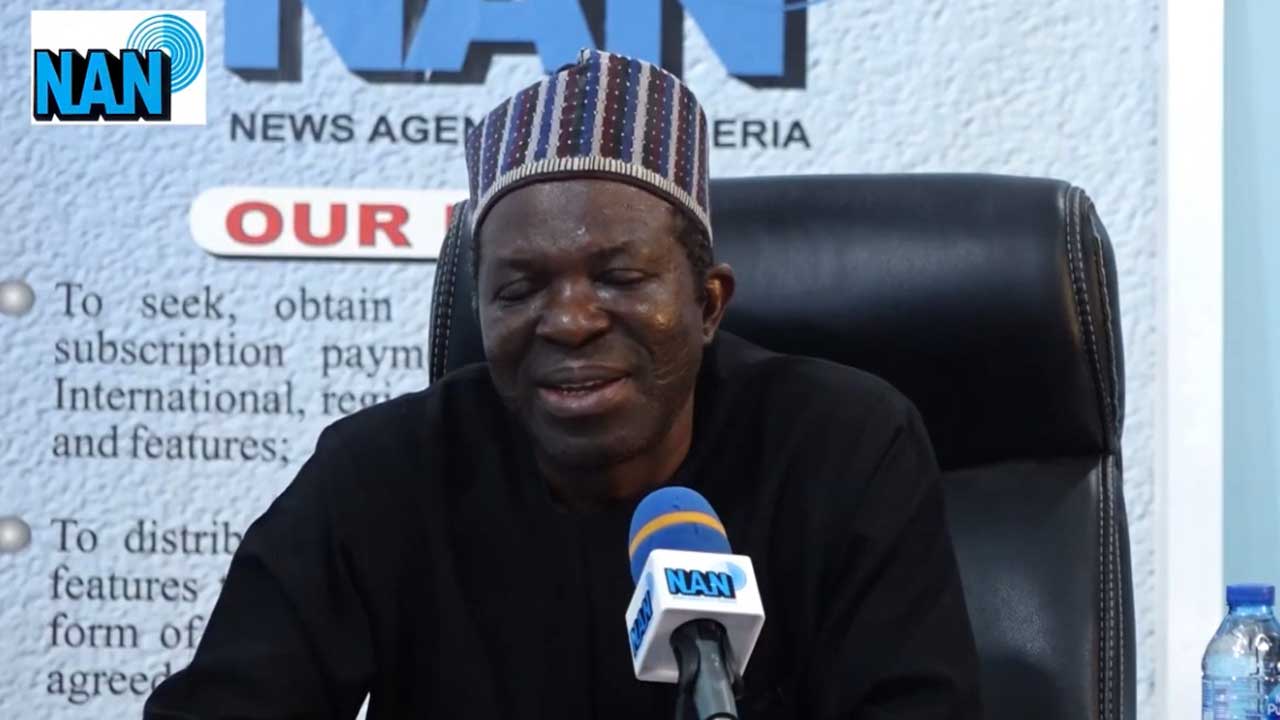
The federal government has expressed concerns over the refusal of states to abide by legal instruments on boundary delineation as it emphasized the need for cooperation for effective and sustainable solutions that would benefit all parties.
The Director General of the National Boundary Commission (NBC) Adamu Adaji expressed these worries at the commission’s office in Abuja on Thursday.
According to him, our international boundaries management is complicated as international boundaries have treaties, and agreements between two countries are such that no country can alter its international agreement without the participation of the other parties.
He regretted the lack of cooperation by some states in efforts to resolve internal boundary issues.
The Director General noted, “Sometimes when the boundaries are based on colonial documents and these documents are not quite clear some states took advantage of that to not want to cooperate.”
However said, “We have instances when some states, despite the facts that these documents are available , would want to refuse to abide by or respect it. We want them to see it as something that is binding,”
According to him, in some instances, the federal government had cause to amend and define the boundary from the old one presented by the colonial masters as in the case of FCT boundary and her neighbours.
Adaji urged states to cooperate with the federal government to ensure boundary issues are peacefully resolved and clearly demarcated for peaceful coexistence .
He said it does not matter whether the communities are split to two, the boundary demarcation is just for administrative convenience.
He said the commission had constructed more 1,222 pillars and established 307 intermediate pillars to make boundaries between Nigeria and Cameroon more visible.
He said that Nigeria, Benin is one boundary that has been more turbulent as far as international boundaries are concerned.
Adaji however said progress is being made but said the controversy in Nigeria/Benin boundaries is because there are two treaties – one of 1960 and other of 1906.
According to him, while Benin insisted on treaties of 1906, Nigeria stood in 1960 which is the most recent.






